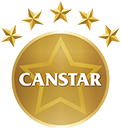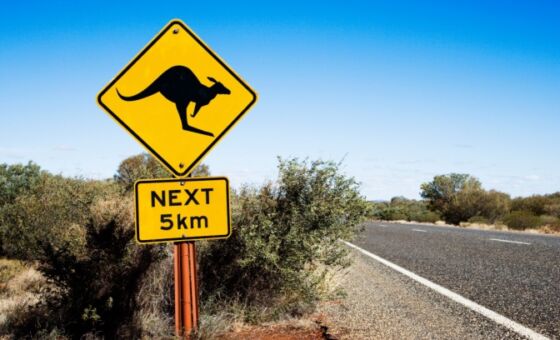What car insurance do I need in the ACT?
In Australia, car owners are required to have Compulsory Third Party (CTP) insurance, which covers drivers if they injure somebody in a motor vehicle accident. The Australian Capital Territory uses a Motor Accident Injuries (MAI) insurance scheme, which is managed by the MAI Commission. The MAI insurance, along with Lifetime Care and Support (LTCS) scheme, is a compulsory purchase as part of ACT motor vehicle registration.
Keep in mind that MAI cover is only for personal injury and does not cover property damage, such as damage to your vehicle or other people’s vehicles in an accident. It may be worth considering other levels of car insurance coverage when insuring your car, such as comprehensive, third party fire and theft or third party property damage.
What types of car insurance are available in the ACT?
The main types of car insurance available in Canberra and the Australian Capital Territory are:
Motor Accident Injuries (MAI) insurance
This compulsory personal injury insurance covers all people injured that were involved in the motor accident, regardless of who is at fault. This includes the drivers, passengers, pedestrians, pillion riders and cyclists. The insurance does not cover property damage to your vehicle or any other involved properties, such as other vehicles, bikes or infrastructure.
Lifetime Care and Support (LTCS) insurance scheme
Funded by the levy you take out for your MAI insurance, LTCS is another type of compulsory personal injury coverage that applies to those catastrophically injured in a motor accident in the ACT. The MAI Commission outlines that a catastrophic injury includes spinal cord injuries, traumatic brain injuries, multiple amputations or serious burns.
This insurance coverage can apply to any persons involved in the motor accident, no matter who is at fault. The injured persons get the treatment and care they need for their whole life. This insurance does not cover property damage or lost income or payments due to the accident.
Third party property damage
Covers you if your car damages someone else’s property, such as their car or home. It does not cover damage to your own car when you’re at fault for the accident. Limited cover may be possible if the other party is at fault and they are uninsured.
Third party fire and theft cover
Similar to third party property damage cover, but also covers your car if it is damaged by fire, broken into, or stolen.
Comprehensive car insurance
Provides thorough and extensive cover for loss or damage to your vehicle, as well as damage to other people’s property during an accident, regardless of who’s at fault. The insurance cover for your vehicle includes loss or damage due to an accident, severe weather, fire, vandalism and theft. Comprehensive insurance also covers your liability for accidental damage your car causes to another’s property, such as their car or home.
What is the best car insurance option in the ACT?
Because everyone’s financial situation and household goals are different, the best car insurance policy for you may not be the best option for the next person. It’s important to compare car insurance options in Canberra and the ACT before signing up for a policy, so you can be confident you’re getting the best possible deal for your circumstances.
For example, if you drive an older used car with a relatively low market value, the cost of a comprehensive car insurance policy could be more than the value you’re likely to receive if you were to make a claim. This could make a more basic car insurance policy more appealing in the right circumstances. But if you drive a newer car, you may appreciate the peace of mind knowing that your high-value car is covered by a comprehensive car insurance policy.
Be sure to carefully consider your circumstances and needs before comparing car insurance and choosing a policy.








